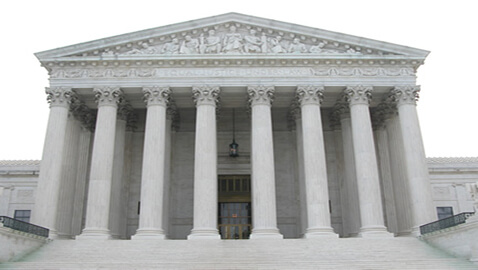
Law schools and environmentalists across the country heaved a sigh of relief and praised the decision as it protected law school clinics from witch hunts. Traditionally, law school clinics work for the poor and disadvantaged or on issues of public interest at little or no cost.
However, the attorney of the developer said that the defendant should have been allowed to find out who was opposing his project, as the project has already won local approval, but construction is pending due to opposition. The developers, Sussex Commons Associates wanted to learn whether the moves against the construction of its shopping mall were instigated by the attorneys of a competing developer.
Kevin D. Kelly, the attorney for the developers Sussex Commons Associates said that his client desired to find out how much money and resources was being spent to block the project and the sources of the funds. The matter dates back to 2006, when in May, the developer submitted an Open Public Records Act request to Rutgers University asking for documents in 18 categories. The request included bills from the law clinic to one of the groups opposing the construction and documents pertaining to payments made by the group to the law clinic. Rutgers denied the request and the developer filed a lawsuit.
Though initially, the trial judge in the case favored the law school, later in 2010, a state appeals court panel held “the clinic is indistinguishable from any other academic program offered by the law school” and as such the open records law could be applied. The Supreme Court reversed the decision.
Chief Justice Stuart Rabner wrote, “Because clinical professors at public law schools do not act as public officers or conduct official business when they represent private clients at a law school clinic, the common law right of access does not extend to records maintained in that setting.”
Jeff Titel, director of the NJ chapter of the Sierra Club, praised the decision and said “It now means that environmental and citizen groups can be represented by law clinics connected to universities without fear of witch hunts or harassing lawsuits.”



